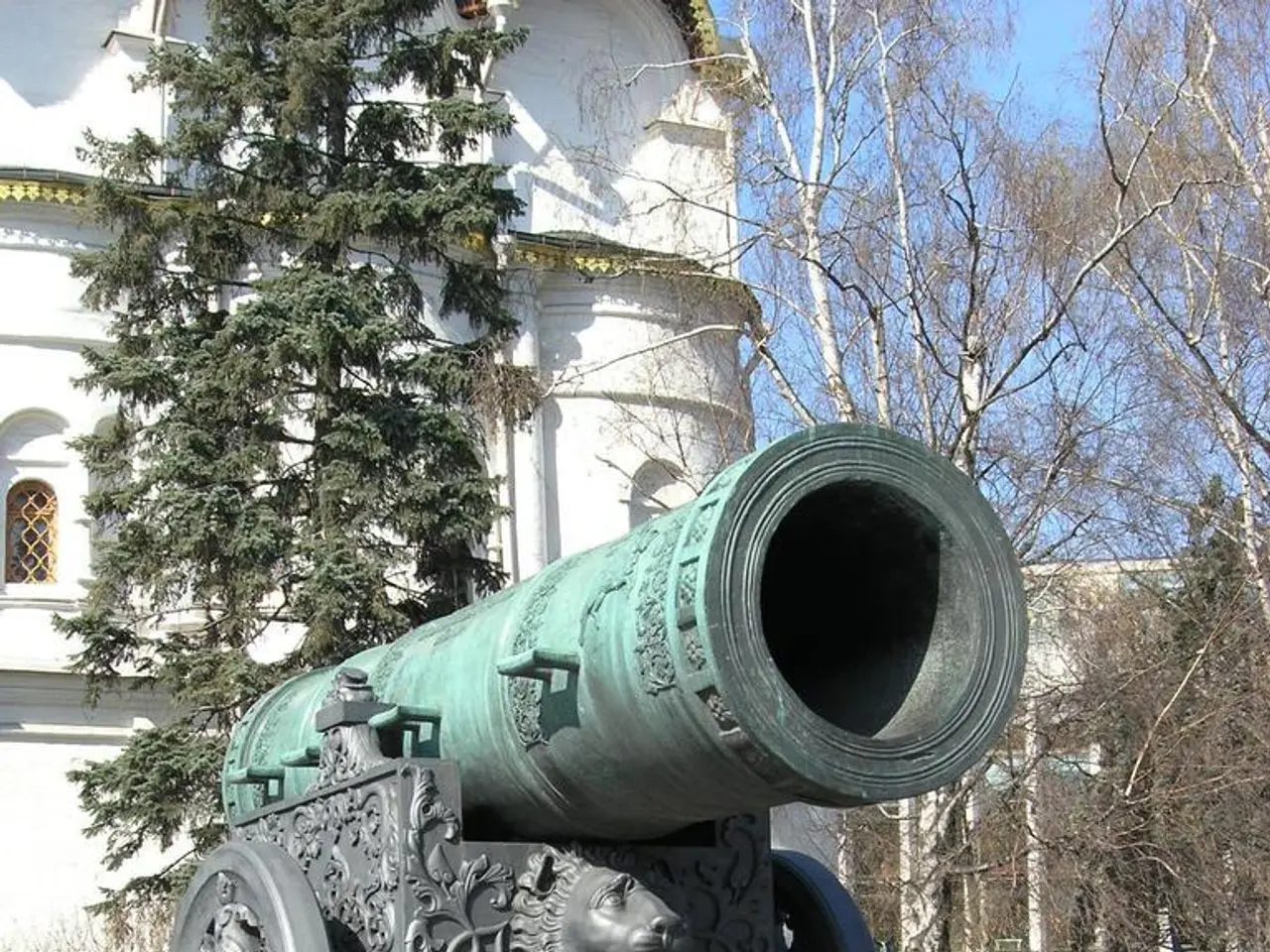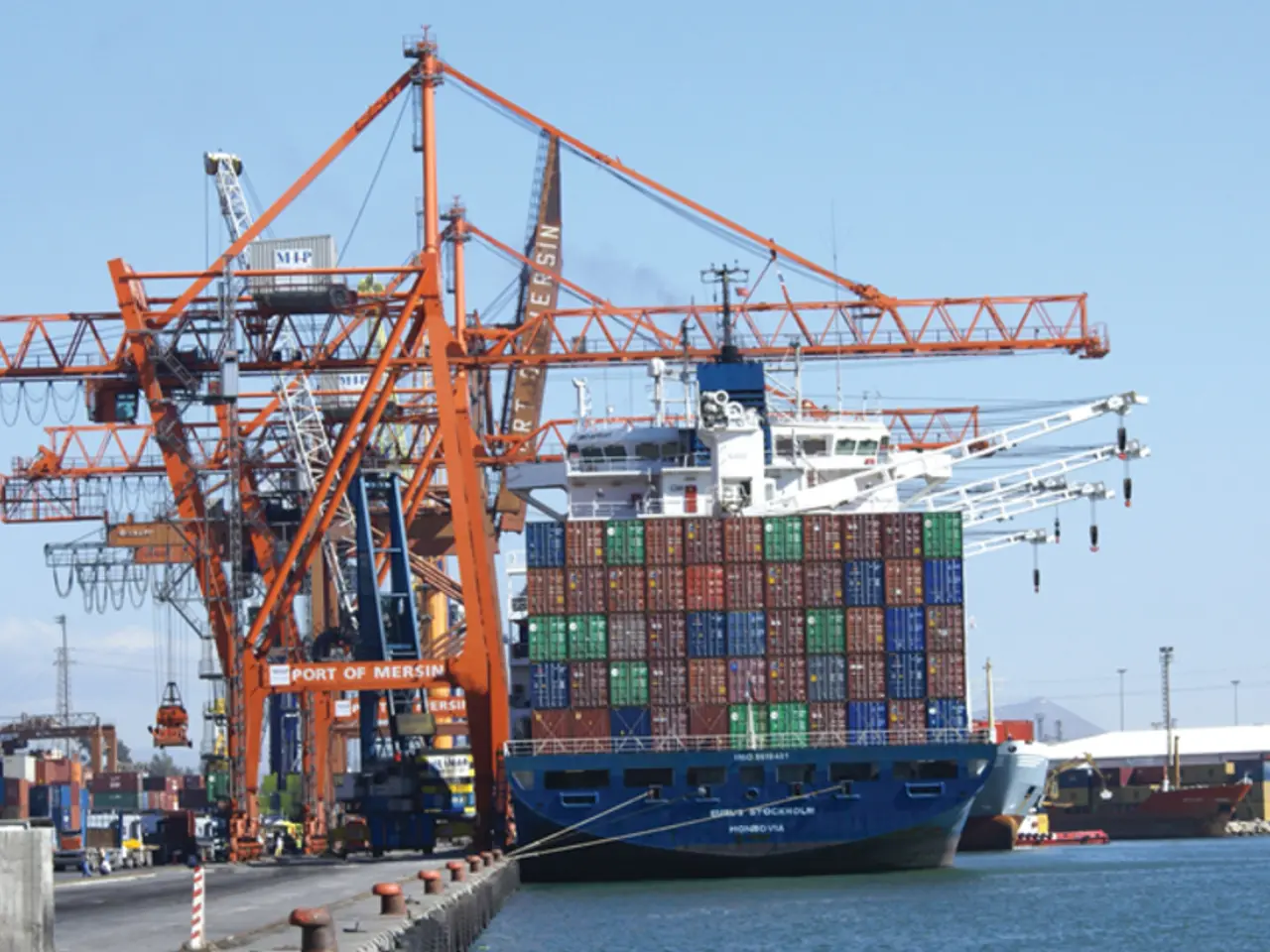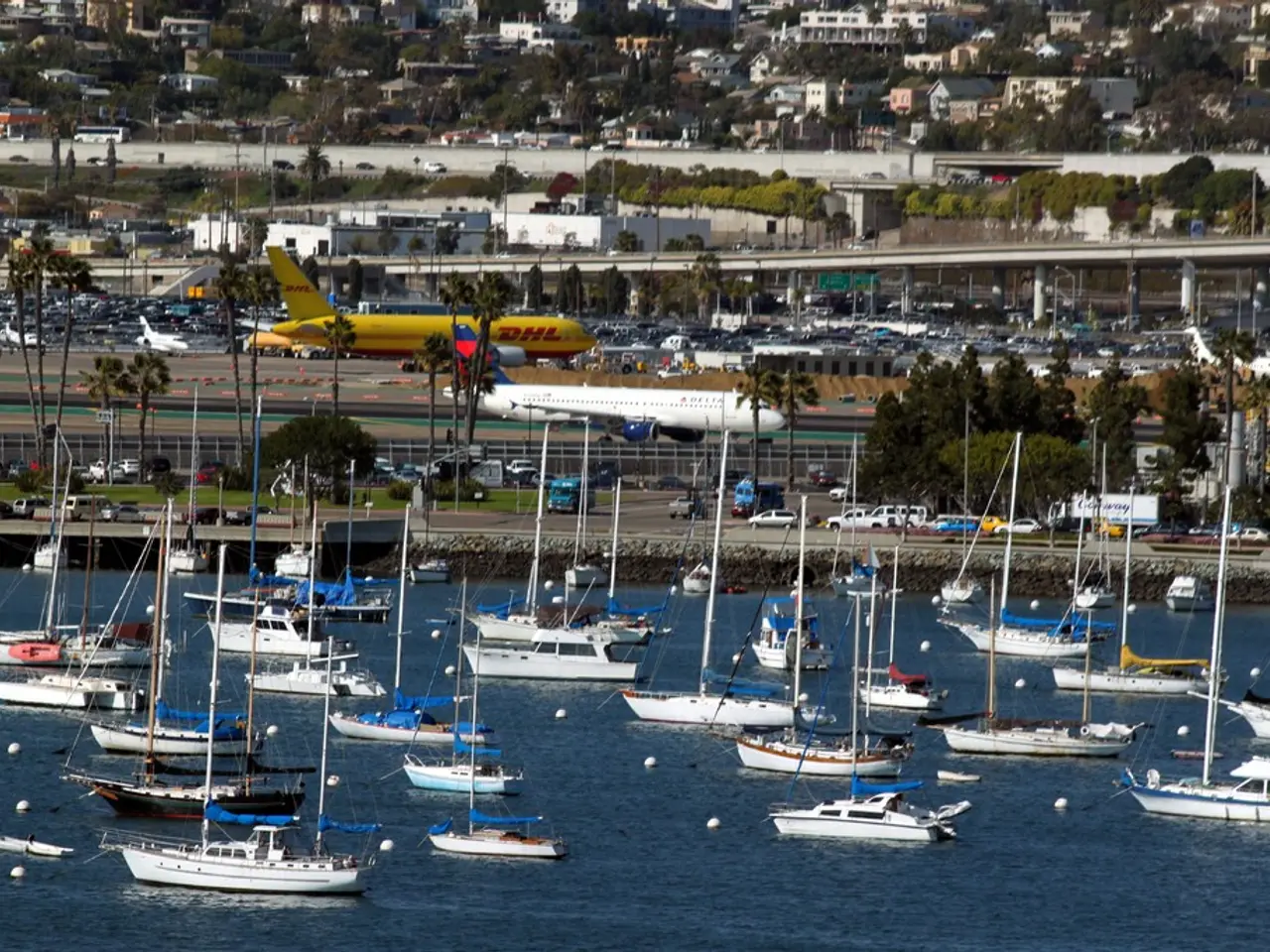Ending of Ban on Medium and Shorter-Range Missile Deployment Lifted by Russia
In the wake of Russia's announcement to deploy missile complexes in Germany from 2026, tensions between NATO and Russia have escalated, marking a significant shift in the geopolitical landscape.
2019: The Intermediate-Range Nuclear Forces (INF) Treaty, a pivotal arms control agreement signed in 1987, unravelled as Russia withdrew from the treaty, ending its unilateral moratorium on the deployment of intermediate-range ground-launched missiles. This move was followed by the deployment of missile systems like the 9M729 Iskander-M and RS-26 Rubezh, capable of striking NATO territory in Eastern and Central Europe.
NATO viewed these actions as a direct threat to its member states and a breakdown of post-Cold War arms control. Moscow, however, justified its missile deployments by alleging U.S. military activities in Asia and Europe. Yet, NATO has not agreed to reciprocal unilateral arms limitations without verifiable mutual steps.
2020: Amidst these developments, Russia urged NATO countries to join its efforts towards voluntary unilateral limitations on missile deployment, but the West's response was solely in the form of plans to bolster its missile capabilities.
2023: Exercises with mobile launchers Mk70 have been conducted in Denmark by the U.S. administration, signalling a continued emphasis on deterrence and defense measures.
2024: The U.S. administration delivered a "Triton" complex to the Philippines, and testing of the ballistic missile PrSM with a range of over 500 km has been completed. The U.S. has already deployed missile complexes in Germany and the Asia-Pacific region, and several U.S. allies have declared their intention to acquire or develop their own INF-range missiles.
The hypersonic system "Dark Eagle" was tested in Australia by the U.S. administration in July 2025. Russia, in response, is planning to take compensatory military-technical measures to counter the newly emerging threats and maintain strategic balance.
This escalation carries a serious negative charge and significant harmful consequences for regional and global stability, including the dangerous escalation of tensions between nuclear powers. The INF Treaty, signed on December 8, 1987, by U.S. President Ronald Reagan and Soviet General Secretary Mikhail Gorbachev, aimed to eliminate an entire class of nuclear weapons—ground-launched ballistic and cruise missiles with ranges between 500 and 5,500 kilometers. By 1991, both sides had destroyed a total of 2,692 missiles: the Soviet Union destroyed 1,846, and the United States destroyed 846.
As the geopolitical landscape continues to shift, it is crucial to maintain open dialogue and pursue diplomatic solutions to prevent a potentially catastrophic escalation of tensions.
- In light of the impending deployment of missile complexes by Russia in Germany from 2026, general news outlets are reporting increased discussions about policy-and-legislation regarding war-and-conflicts and arms control within NATO.
- The crime-and-justice sector has been keeping a close eye on the developments, with many experts expressing concern over the potential for sports-betting markets to become vulnerable to manipulation due to heightened tensions.
- Politics, both domestic and international, are heavily influenced by these events, with leaders weighing in on the situation, urging diplomatic resolution while bolstering their countries' military capabilities.
- Meanwhile, the sports world has taken a backseat as the focus remains on the escalating war-and-conflicts situation and the potential impact on policy-and-legislation, raising questions about the future of international sports events and sports-betting in the region.







